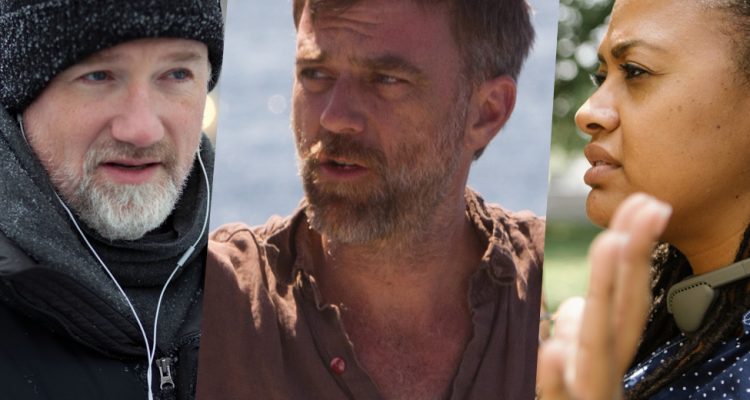
70. Pete Docter
Even with the retirement of a master like Hayao Miyazaki, we could probably fill a list of this size entirely with animation directors — the craft, storytelling know-how and beauty, from Laika to Cartoon Saloon and beyond, might mark an all-time high for the medium right now. But Pete Docter might be at the head of the pack.s. He’s been a key part of Pixar from the beginning (he co-wrote “Toy Story”), but while the company’s had a rockier time of late, he’s been directly responsible for three of their very best films, “Monsters Inc,” “Up” and “Inside Out.” Each tell quite different stories, but none look remotely like anything else, with a level of visual imagination and storytelling complexity that’s leaps and bounds above the competition. They’re all joyous affairs, but more than even other Pixar filmmakers, Docter’s able to move you, as anyone who weeped consistently through “Up” or “Inside Out” will attest.
 69. Michael Mann
69. Michael Mann
Famously overlooked by the Academy despite decades of consistently intelligent, sleek and unmistakably Mann-ish work (his only nomination as director came for the terrific tobacco-lobby whistleblower story “The Insider“) one of the most exciting things about Michael Mann is how willing he is to embrace new themes and technologies while retaining his exemplary, meticulous filmmaking elegance. On occasion, his experimental edge has led to misfires like “Public Enemies,” a film where the joins between his classic style and the garish aesthetic of then-new digital photography felt awkwardly apparent, but mostly it has lent a thrillingly inventive edge to his work, from his classic, muscular crime films like “Thief,” “Heat” and “Collateral” to swooning romance “Last of the Mohicans” to last year’s unfairly maligned (and January-dumped) “Blackhat.” That box office failure will hopefully not keep Mann from our screens for too long: his gestating Enzo Ferrari biopic may have recently lost attached star Christian Bale, but is apparently still in the pipeline.
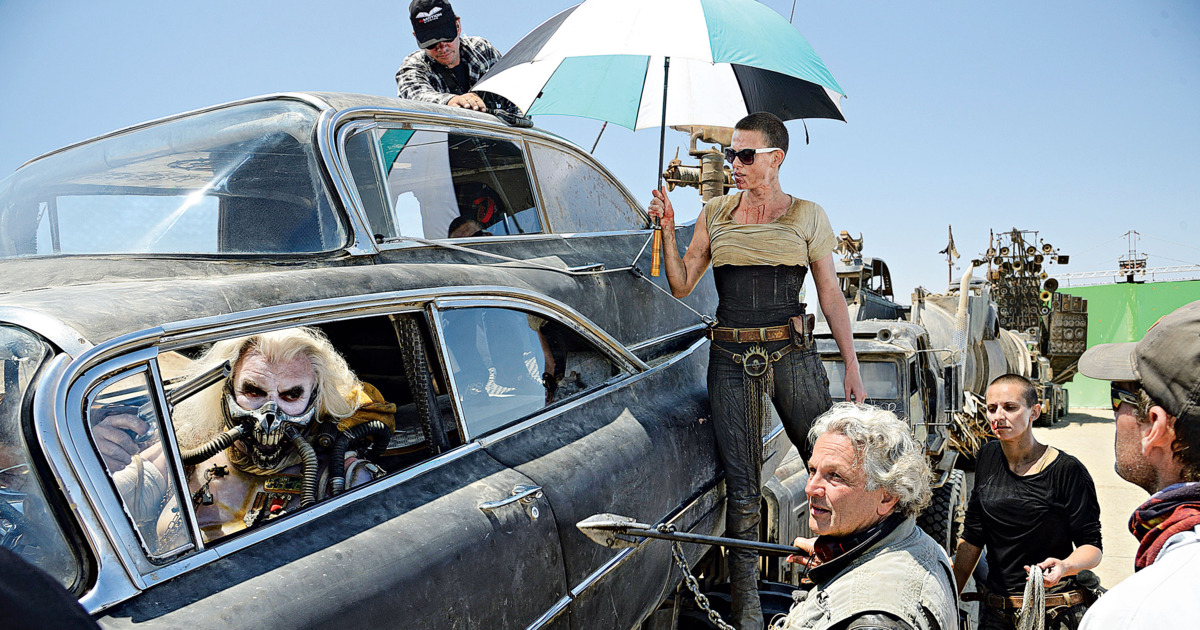 68. George Miller
68. George Miller
Initially it seemed surprising that the most effortlessly progressive blockbuster of recent years should come from a male sexagenarian director whose only other directorial credits this millennium were two animated movies about tap dancing penguins (“Happy Feet” and “Happy Feet 2“). But “Mad Max: Fury Road” reminded us all of the subversion that George Miller had packed into his original ‘Mad Max’ series (especially ‘The Road Warrior‘) and even into “Babe: Pig in the City” his bizarrely fetish-oriented dark follow-up to sunny, smart-pig-becomes-a-sheepdog movie “Babe.” His is not the most prolific of careers, and he has fewer bona fide classics to his name than some of the other big-hitters here. And yet any list drawn up in 2016 that has “exciting” as one of its metrics simply must include him, not least because in addition to every other trend he bucked with ‘Fury Road’ at an age when most filmmakers are slowing down and mellowing Miller turned in his edgiest, most ferocious, and outright best ever film.
 67. Darren Aronofsky
67. Darren Aronofsky
If you’d told us nineteen years or so ago, after seeing Darren Aronofsky’s twitchy, deeply strange directorial debut “Pi,” a paranoid thriller about maths and kabbalah, that he’d one day be an Oscar nominee whose last two films made nearly $700 million between them, we’d have called you crazy. But that Aronofsky has been embraced by the mainstream without ever compromising his work is something to be deeply thankful for. Whether it’s his bleak, stylistically extraordinary addiction drama “Requiem For A Dream,” his flawed/spectacular time-spanning tragedy “The Fountain,” the stripped-down drama of “The Wrestler,” the Bergman-goes-giallo thrills of “Black Swan” or Biblical blockbuster “Noah” (a film that will one day be given the reconsideration it deserves), he has an enormous ambition to his work, paired with an almost unfashionable sincerity that gives his work a big beating heart of emotion . Next up is a top-secret thriller with Jennifer Lawrence and Javier Bardem.
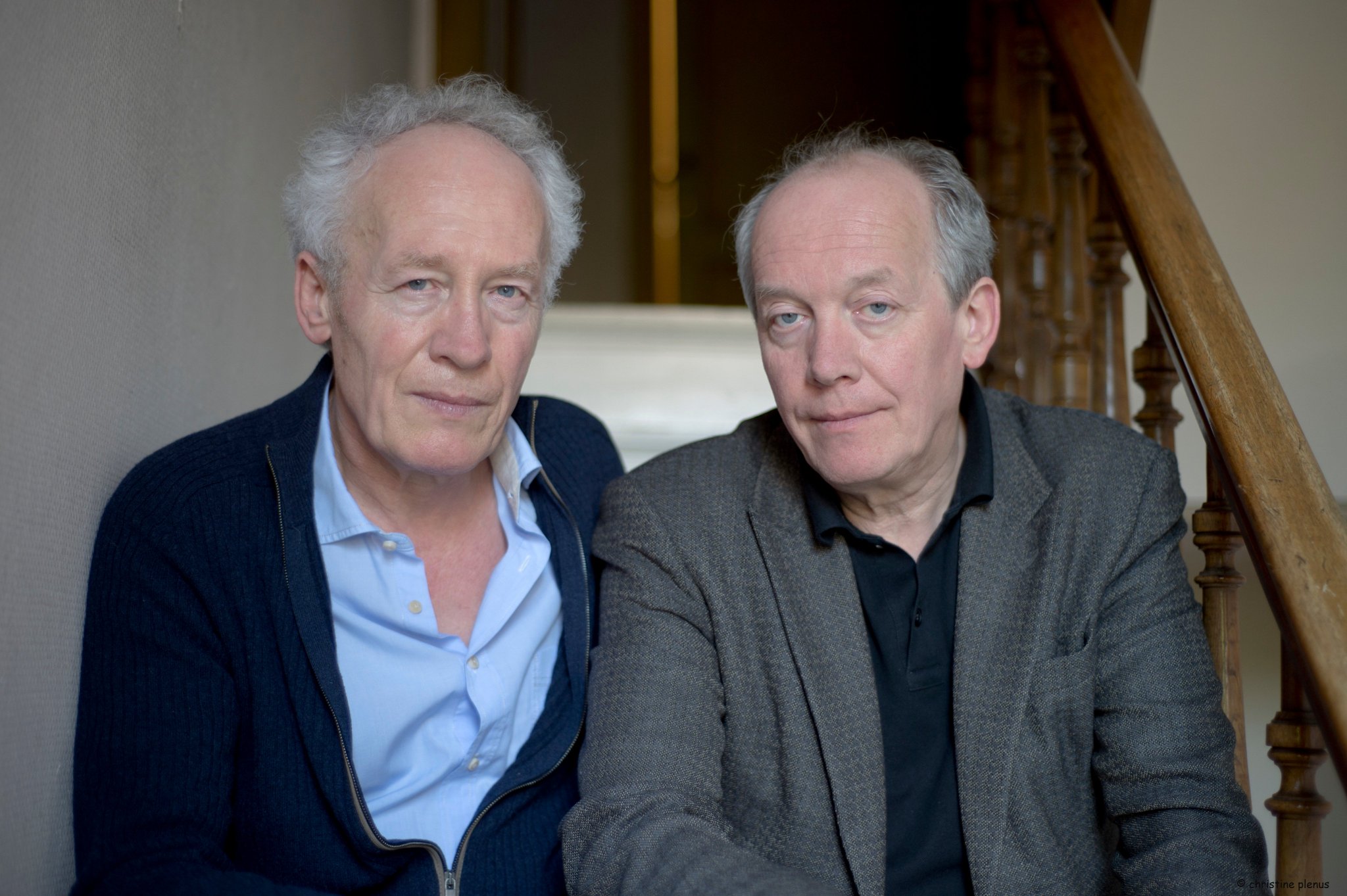 66. Dardennes Brothers
66. Dardennes Brothers
The wildly influential, deeply respected two-time Cannes-winning Belgian brothers are among that select group of filmmakers whose name has almost become a genre unto itself, and whose unflinching social engagement and instantly recognisable handheld, street-level aesthetic has spawned many imitators but few equals. But the very reverence with which their canon is treated can sometimes do a disservice to its diversirty and to the fearlessless the Dardennes display in tackling new issues, often concerning marginalized young people — whether it’s the immigrant experience, homelessness, unemployment, or the pressures of parenthood on disenfranchised people who are themselves little more than kids. And it also underestimates the brothers’ willingness to stretch and challenge their talents, with their two most recent films “Two Days One Night” and this year’s Cannes title “The Unknown Girl” (which has reportedly improved thanks to a re-edit after a lukewarm reaction on the Croisette) working quasi-genre elements into their unsentimentally naturalist style to yield a subtly new spin on their winning, absorbing and often very moving formula.
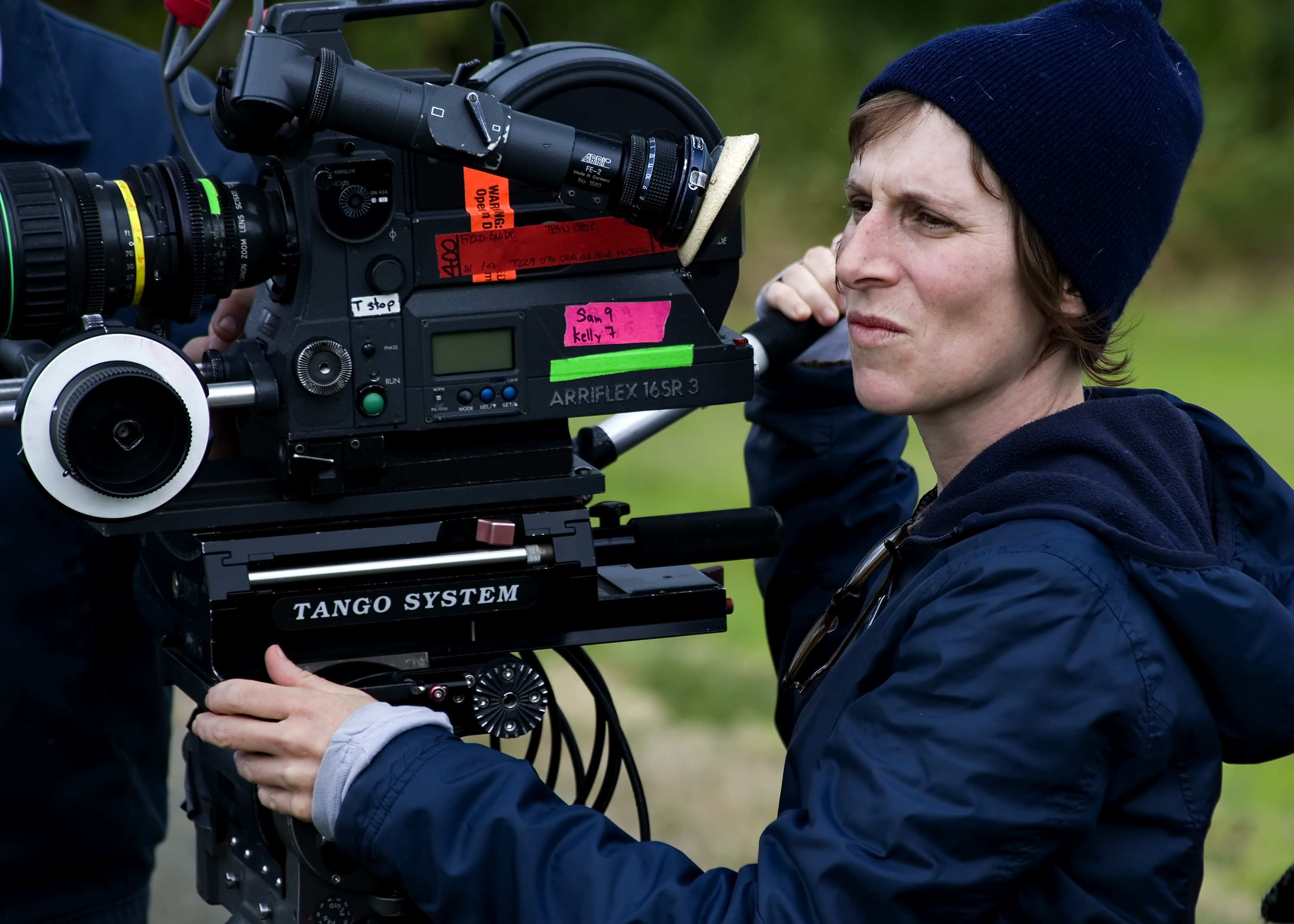 65. Kelly Reichardt
65. Kelly Reichardt
If women are supposed to make “women’s movies,” and by that we’re meant to understand fluffy rom-coms, family sagas and relationship dramas, apparently Kelly Reichardt never got the memo. A distinctive, singular sensibility right from her debut “River Of Grass,” she trades in atmosphere and uncanny sustain as much as in action, plot or melodrama. Reichardt is also a tremendous director of actors, particularly her female leads, and particularly Michelle Williams with whom she has collaborated on three of her five films to date — the down-at-heel, melancholic “Wendy and Lucy,” revisionist western “Meek’s Cutoff” and this year’s yet-to-be-released “Certain Women.” It’s rare that we’ve loved almost everything a director has done equally (offbeat eco-thriller “Night Moves” with Dakota Fanning and Jesse Eisenberg completes the quintet to date) but Reichardt is one of the rarest, and most valuable of filmmakers, whose vision never seems in the slightest compromised.
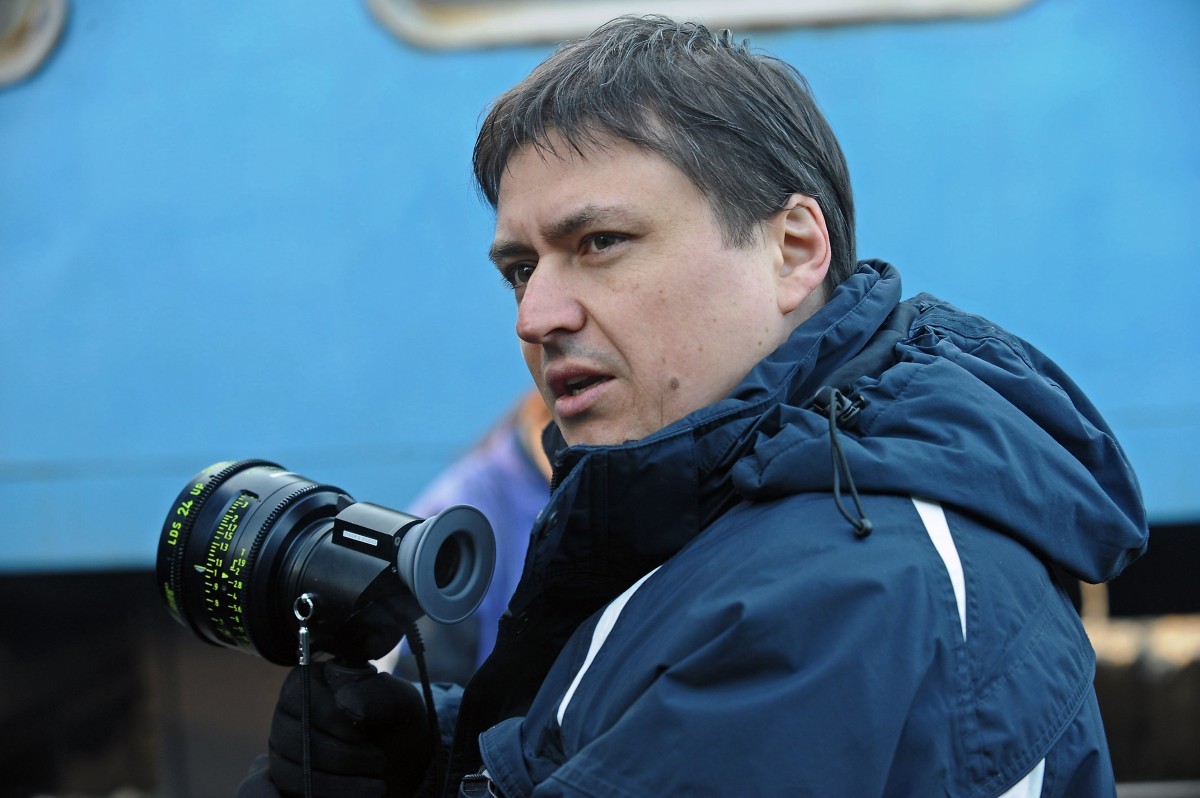 64. Cristian Mungiu
64. Cristian Mungiu
The Romanian New Wave is one of the most exciting filmmaking movements of recent times, the former Communist nation exploding with enormously talented filmmakers like Christi Puiu, Corneliu Poromboiu and Catalin Mitulescu. At the forefront of this revolution, we’d argue, has been Cristian Mungiu, perhaps the country’s best known filmmaker thanks to his Palme D’Or Winning “4 Months, 3 Weeks and 2 Days.” A harrowing look at a young woman trying to procure an abortion in the last days of Ceausescu’s regime, it marked him as the one of the most talented social realist filmmakers around, with an absolute command of his camera and an obvious facility Oscars. And whether in his earlier (“Occident”) or later work (gruelling rural exorcism drama “Beyond The Hills,” this year’s state-of-the-nation epic “Graduation”), those things have held true, but he’s also consistently evolved and grown as a filmmaker, and we imagine that’ll continue to be the case for a long time.
 63. Apichatpong Weerasethakul
63. Apichatpong Weerasethakul
There are filmmakers who give you another outlook on the world, and there is Thai director Apichatpong Weerasethakul who actually gives you new worlds. Turning in a series of utterly mesmerizing, completely uncategorisable films that play more like uncanny dreams where spirits walk with the living and the supernatural sits alongside the banal, Joe, as he’s nicknamed by those intimidated by polysyllabic South East Asian monikers has perhaps the most peculiar and inimitable catalogue in world cinema. From his Un Certain Regard-winning 2002 title “Blissfully Yours” (which caused controversy at home for its full frontal male nudity) to his major breakthrough two years later with “Tropical Malady” which won the Cannes Jury Prize, to his Palme d’Or winning “Uncle Boonmee Who Can Recall His Past Lives” and right up to last year’s gorgeous “Cemetery of Splendour” he simply seems to operate on a more wondrous plane of filmmaking that is simultaneously alien and human.
 62. Joshua Oppenheimer
62. Joshua Oppenheimer
There can have been few more devastating, astounding debuts this century than Joshua Oppenheimer’s seismic documentary “The Act of Killing.” A film that not only revealed details of the underreported Indonesian genocide to a largely ignorant Western public, it even forced a national conversation around the legacy of those inhuman crimes, what’s maybe most amazing about it, is how intimate it feels and how it operates on a deeply visceral, personal level as much as a political one. With ‘Act’ and his equally impressive, if quieter and more reflective follow-up “The Look of Silence” both revealing little less than a national soul in agony over the repression and selective amnesia surrounding that era, and painting vivid and unforgettable portraits of the people involved on both sides, Oppenheimer used performativity, fictions-within-fictions, and not least several years of his own life to put together this extraordinary diptych. And he changed the face of documentary filmmaking, and the conception of what it could achieve, in the process.
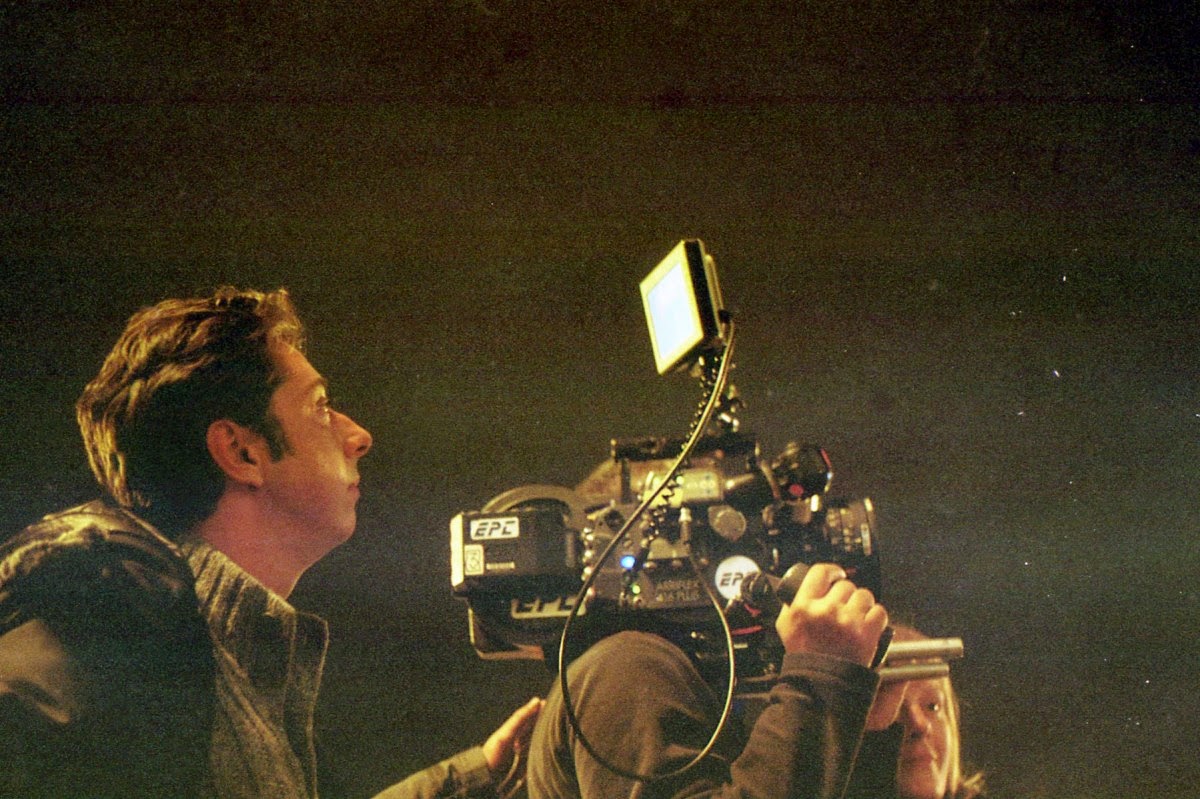
61. Miguel Gomes
Sadly, last year saw the passing of Manoel de Oliveira, Portugal’s greatest living filmmaker and a man who was still shooting films at the grand old age of 105 before he died. But Portugal’s filmmaking scene is still in rude health, in large part thanks to Miguel Gomes. Savvy cinephiles already knew his name thanks to his early films “The Face You Deserve” and “Our Beloved Month of August,” but he really came to worldwide attention thanks to 2012’s gorgeous “Tabu,” a lushly romantic post-colonial romance that homaged F.W. Murnau with a playfulness and a seriousness of purpose that few else could manage. His epic follow-up “Arabian Nights,” a six-hour trilogy of films about modern-day Portugal but inspired loosely by “1001 Nights” might have been ever better — sprawling, inventive, sometimes maddening, often heartbreaking, even occasionally pleasingly puerile, and one of the best days at the movies you’ll ever have.

